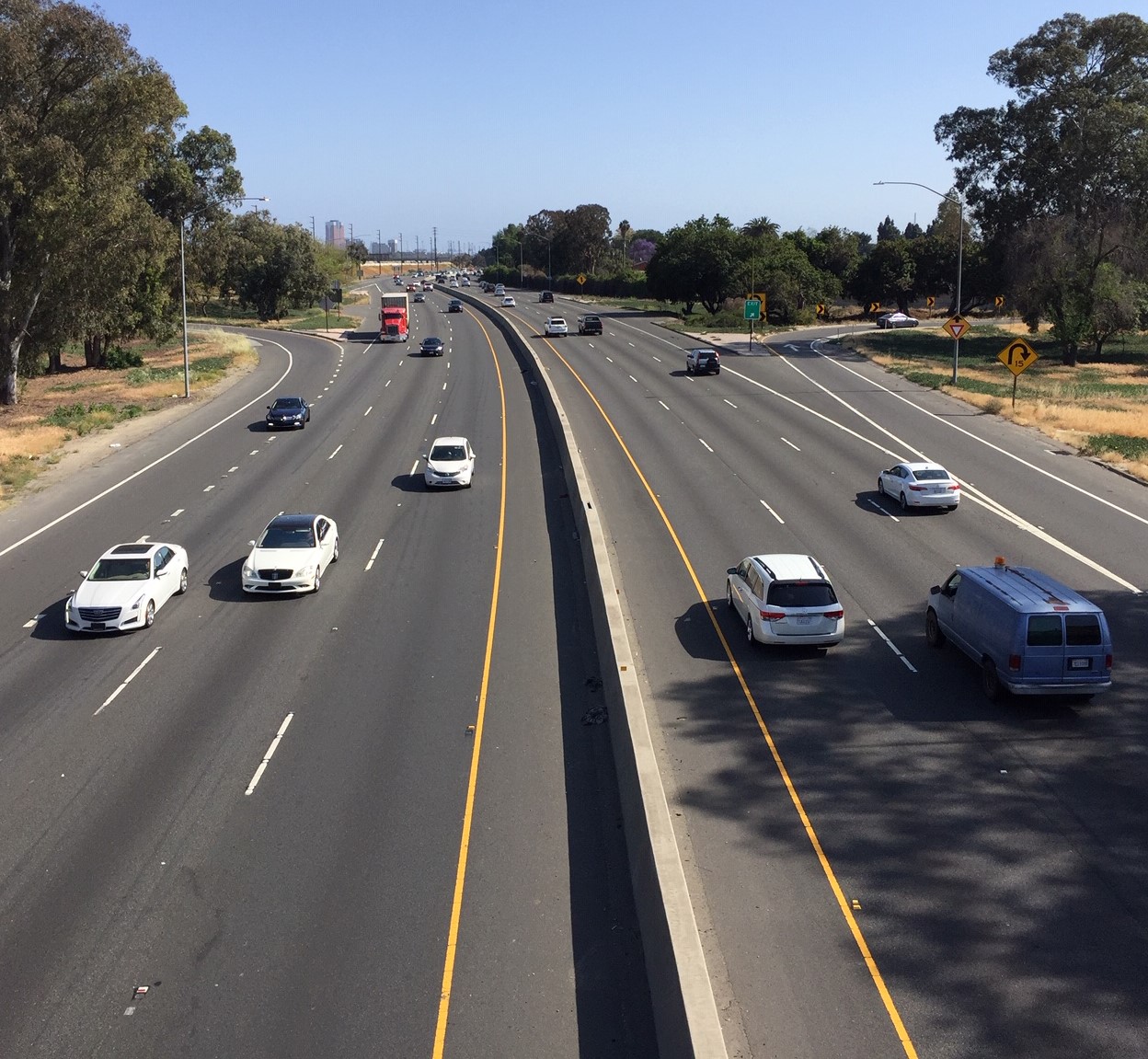Today was "Suspense File Day," the deadline by which bills that have been set aside by the Senate and Assembly Appropriations Committees must be either passed to the floor or passed over.
One of the hundreds of bills that made it out of the Assembly's committee was A.B. 1778, Assemblymember Cristina Garcia's bill to protect communities in the paths of the inexorable freeway building machine. The bill would prohibit Caltrans from using state resources on any project, or on permitting any project, that does not meet certain criteria measured by the California Healthy Places Index.
That index is an online resource developed by the Public Health Alliance of Southern California to offer a systematic way of mapping community health factors like well-being and life expectancy. As a condition of using state funds or personnel time on projects, Caltrans would have to first consult the California Healthy Places Index on factors that include low-income housing cost burden and pollution within communities. If a project would be within or next to a census tract that rated high on these factors, state money would not be allowed to be used on these projects.
The bill has strong support from climate, environmental justice, and health organizations, but has also riled up opposition, particularly from labor - among whom are people who have argued that freeways are more important than housing.
A.B. 1778 was on the committee's suspense file because it would have a huge fiscal impact. Caltrans has estimated it would cost money to consult the Healthy Places Index, but it's likely that most of the bill's potential fiscal impact would be in savings. That is, the state would save billions of dollars by not widening freeways and destroying homes.
People often argue that it is "impossible" to find alternatives to driving, and one of the reasons that argument carries any weight is because California continues to invest the lion's share of its transportation dollars into freeways, despite all the evidence, and acknowledgement by state leaders, that doing so is an unsustainable course of action.
Assemblymember Garcia points out that the necessary shift to investing in better, cleaner, and healthier forms of transportation won't happen until the money stops going to huge roads.
"It is imperative that the resources, money, and time consumed by the discussion of freeway widening are reallocated to completing public transportation projects. This creates jobs and helps make communities healthier while keeping people in their homes," she writes in the bill's analysis.
"Freeway expansion projects are sold as a means to reduce congestion, however research shows us that they increase congestion by encouraging more driving, thus increasing harmful emission. Data also shows that these projects also tend to displace low-income communities of color who are already housing insecure. It is outrageous and feels criminal to use state resources to choke and displace communities like mine when the data and research clearly show that this practice is just another example of the systemic racism that is normalized in our policies and practices."
"Departments, agencies, and officials like to use words like equity. Now is the chance to put action behind this word to ensure communities like mine are at the forefront of these decisions, policies, and practices. We can no longer allow state dollars to fund expansion projects that kill of us faster and displace us from our homes in the middle of a housing crisis."
The bill now goes the floor of the Assembly, where it will need support to pass to the Senate.






